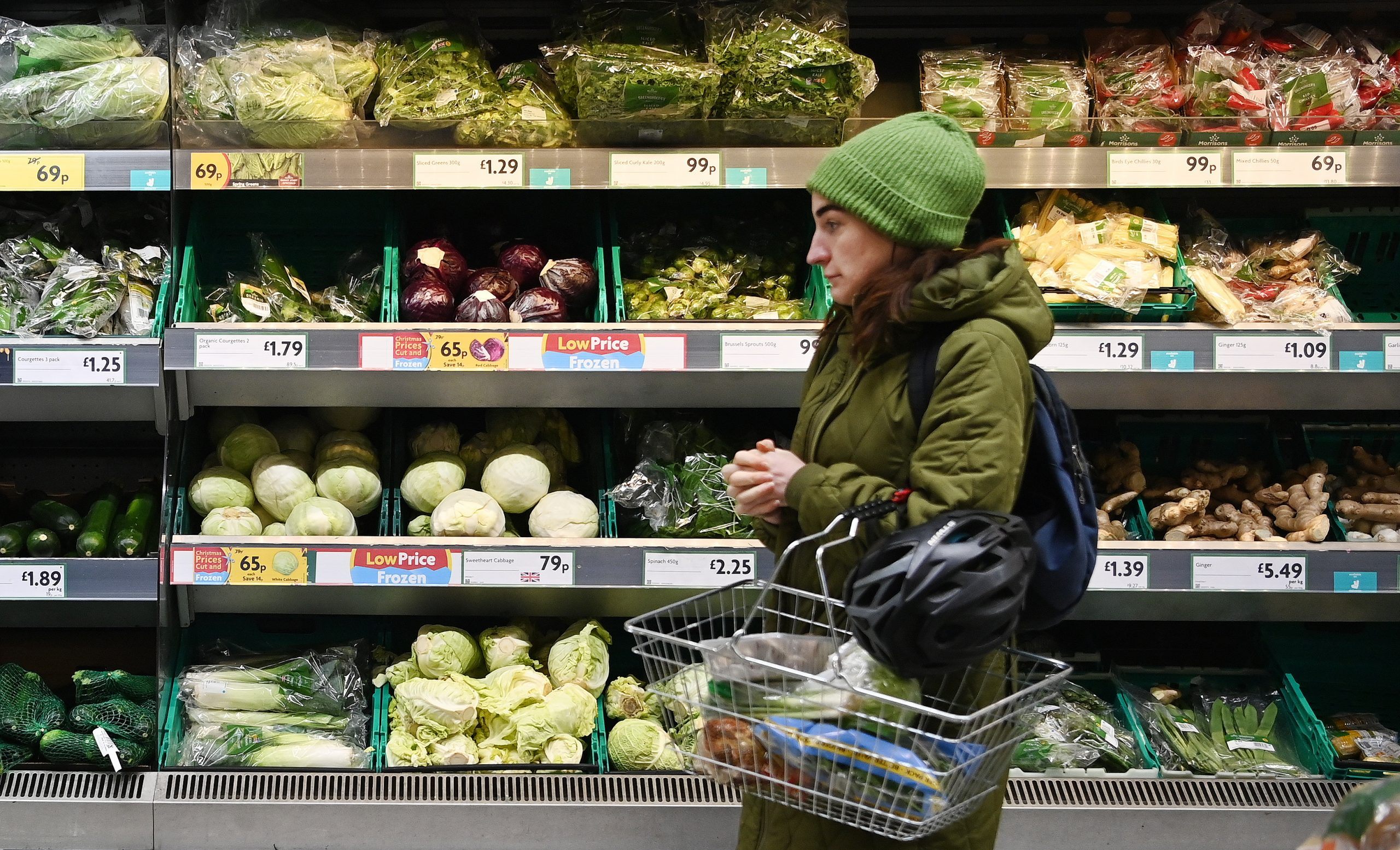UK's March CPI Hits 2.5-Year Low, Labor Market Concerns Persist
the UK's persistent high-interest environment, while curbing inflation, has also led to an increasing number of working-age individuals withdrawing from the labor market.
April 17th, data from the UK Office for National Statistics shows that the UK's Consumer Price Index (CPI) for March slowed down more than expected, registering a year-on-year increase of 3.2%, the lowest in two and a half years, and below the February increase of 3.4%.
Despite this, the figure is still higher than expected. The Bank of England and analysts had previously forecasted that the UK's annual inflation rate for March would only be 3.1%, closer to the Bank of England's 2% inflation target.
Following the data release, market expectations for monetary tightening intensified. The British pound immediately rose strongly against the US dollar and the euro.
Specifically, the core inflation rate in the UK for March, excluding energy, food, and tobacco prices, slowed from 4.5% in February to 4.2%, higher than the experts' forecast of 4.1%. Additionally, in the 12 months leading up to March, the price of food and non-alcoholic beverages only increased by 4%, the weakest rise since November 2021.
The UK Office for National Statistics stated that the Bank of England is closely monitoring the performance of service prices, which have slightly receded from 6.1% to 6.0%.
Regarding this data, Jake Finney, an economist at PwC UK, said: "The overall inflation rate has taken another small step towards the target. However, the central bank is likely to want more conclusive evidence that we have sustainably returned to the target before it shifts towards cutting interest rates."
Grant Fitzner, the Chief Economist at the Office for National Statistics, said: "Food prices were once again the main driver of the fall in prices, with the rate of increase lower than a year ago. Similar to last month, we saw rising fuel prices offset some of the (deflationary) impact."
On the other hand, the UK's persistent high-interest environment, while curbing inflation, has also led to an increasing number of working-age individuals withdrawing from the labor market.
Data shows that in February this year, the economic inactivity rate for the UK population aged 16 to 64 reached 22.2%, an increase of 275,000 people from the previous year. This situation greatly surprised British officials, who had expected that people would return to work in large numbers after the pandemic, and the trend of early retirement among older workers would be curbed.
In addition to the economic situation being less than expected, the working-age employment population is also increasingly reluctant to join the workforce due to various welfare factors, including: the struggle between the UK government and the NHS (National Health Service trade unions), national welfare cuts, rising childcare costs, and the increasing prices of residential care for the elderly and disabled.
Tony Wilson, the Director of the Institute for Employment Studies, said that the UK government's efforts to improve support for workers' mental health are lacking, and he criticized Charlie McCurdy, an economist at the Resolution Foundation, saying that increased layoffs and a decline in employment levels are signs of economic stagnation, "and the increase in the inactive population and those with long-term illnesses indicate that there are broader issues with the health of our labor force."
Charlie McCurdy, an economist at the Resolution Foundation, said: "Increased layoffs and a decline in employment levels are signs of economic stagnation, and the increase in the inactive population and those with long-term illnesses indicate that there are broader issues with the health of our labor force."
He said: "Addressing the growing issue of inactivity — and its impact on public finances, the welfare system, and people's broader health and well-being — is one of the biggest economic challenges facing this government and any party that wins the next election."

·Original
Disclaimer: The views in this article are from the original Creator and do not represent the views or position of Hawk Insight. The content of the article is for reference, communication and learning only, and does not constitute investment advice. If it involves copyright issues, please contact us for deletion.